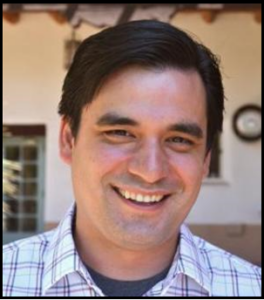
Taka Yamashita, Ph.D.
Professor, Department of Sociology, Anthropology, and Public Health
Co-Director, Gerontology Doctoral Program

Brian Soller, Ph.D.
Associate Professor, Department of Sociology, Anthropology, and Public Health
Director, Sociology Undergraduate Program
Funds for this fellowship are provided by the Center for Social Science Scholarship and the College of Arts, Humanities and Social Sciences (CAHSS).
Prior awardees include Marina Adler (SAPH), Mir Usman Ali (PUBL), Keisha Allen (EDUC), Dena Aufseeser (GES), Pamela Bennett (PUBL), Amy Bhatt (GWST), William Blake (POLI), Bambi Chapin (SAPH), Christy Chapin (HIST), Sarah Chard (SAPH), Dennis Coates (ECON), Jeffrey Davis (POLI), Amy Froide (HIST), Tim Gindling (ECON), Irina Golubeva (MLLI), David Greenberg (ECON), Brian Grodsky (POLI), Loren Henderson (SAPH), Andrea Kalfoglou (SAPH), Tasneem Khambaty (PSYC), Renee Lambert-Bretiere (MLLI), Douglas Lamdin (ECON), Jiyoon Lee (EDUC), Tania Lizarazo (MLLI), Camee Maddox-Wingfield (SAPH), Christine Mair (SAPH), Marvin Mandell (PUBL), Susan McDonough (HIST), Zoe McLaren (PUBL), Nancy Miller (PUBL), Sara Poggio (MLLI), Bob Rubinstein (SAPH), Dena T. Smith (SAPH), Nianshen Song (HIST), Eric Stokan (POLI), Fernando Tormos-Aponte (PUBL), Christelle Viauroux (ECON), and Noor Zaidi (HIST).